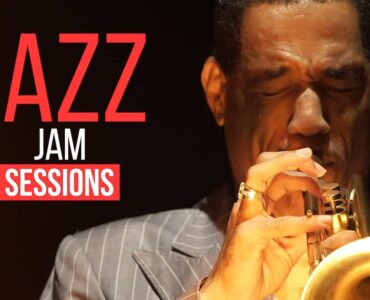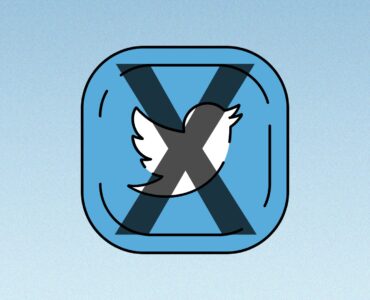While the mythical days of Rock N’ Roll excess may be largely behind us, many musicians still enjoy a drink before or after playing a show. While this may be fine for those without singing (or driving!) duties, those who provide vocals must consider the effect alcohol will have on their performance.

Singers rely on their vocal cords (sometimes also known as vocal folds) to create a beautiful sound. To preserve a singer’s voice and ensure its clarity, many foods, drinks, and bad habits (such as smoking) should be avoided – alcohol is definitely a factor to consider.
Folds of membranous tissue which project inwards from the sides of the larynx to form a slit across the glottis in the throat, and whose edges vibrate in the airstream to produce the voice.
Oxford Languages definition of vocal cords
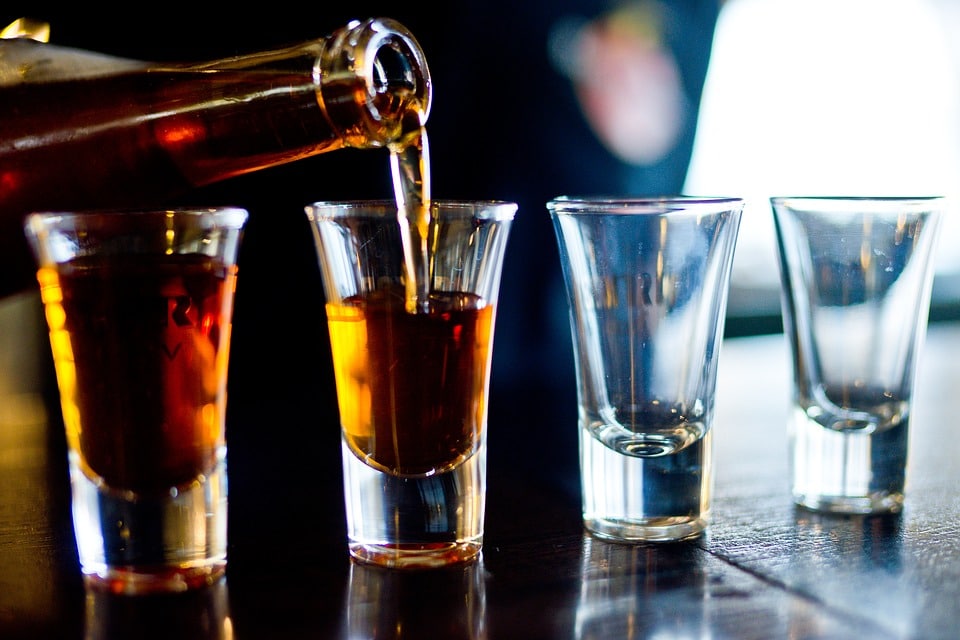
Does alcohol affect the voice?
A study by Binghamton University into alcohol’s acute effect on vocal range had six key findings:
- Lowered availability of NADH that is used in synthesis reactions throughout the body.
- Increased membrane disordering in membranes and tissues that alter the environment of many important enzymes that have specific situational work conditions.
- Decreased breath support due to decreased breathing rate and heart rate.
- Decreased ease of stretching the vibratory subsystem.
- Dehydration of the vocal subsystems due to diuretic properties.
- Behavior is altered, affecting the decisions regarding smart vocal health. Misuse and overuse of the voice.
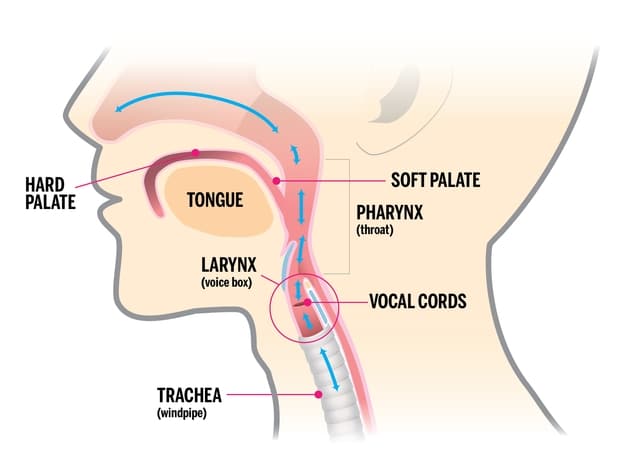
The NHS also list several long-term health risks that are associated with alcohol misuse, including high blood pressure, stroke, pancreatitis, liver disease, liver cancer and more.
Despite the dangers, musicians (and indeed, much of society) continue to enjoy a drink or two. Research by the Office of National Statistics shows that in 2011 64 per cent of men drank more than 20 units of alcohol per week, and 63 per cent of women drank more than 10 units weekly.
Alcohol and opportunity
Something that often gets missed in the discussion of drinking and singing is the possible detriment alcohol can have on your career, through missed or inadequately exploited opportunities.
Celebrating the end of a long run of shows is one thing, but a really bad hangover can often leave you feeling rough for a while.
This is something to think about, given the fact that all musicians should want to maximise their ability to capitalise on any opportunity presented, no matter how last-minute the phone call.
The Musicians’ Union has advice for staying healthy on the road, including advice on avoiding the temptation of excess and getting proper nutrition.
Top things to avoid as a vocalist according to Soundfly
- Milk, yogurt, cheese, and other dairy
- Processed sugar
- Caffeine
- Ice water
- Soda
- Chocolate
- Spicy foods
Top things to avoid as a vocalist according to Secretsinger.com:
- Green Tea
- Milk
- Beer and Wine
- Ice cubes
- Garlic
Views from social media
While some musicians find a drink before a show helps them relax, what they choose could impact their performance.
Vocalists Niven Smith and Karen Gilmore suggest that staying away from carbonated drinks is important. Niven says;
Keep away from anything fizzy like lager or coke.
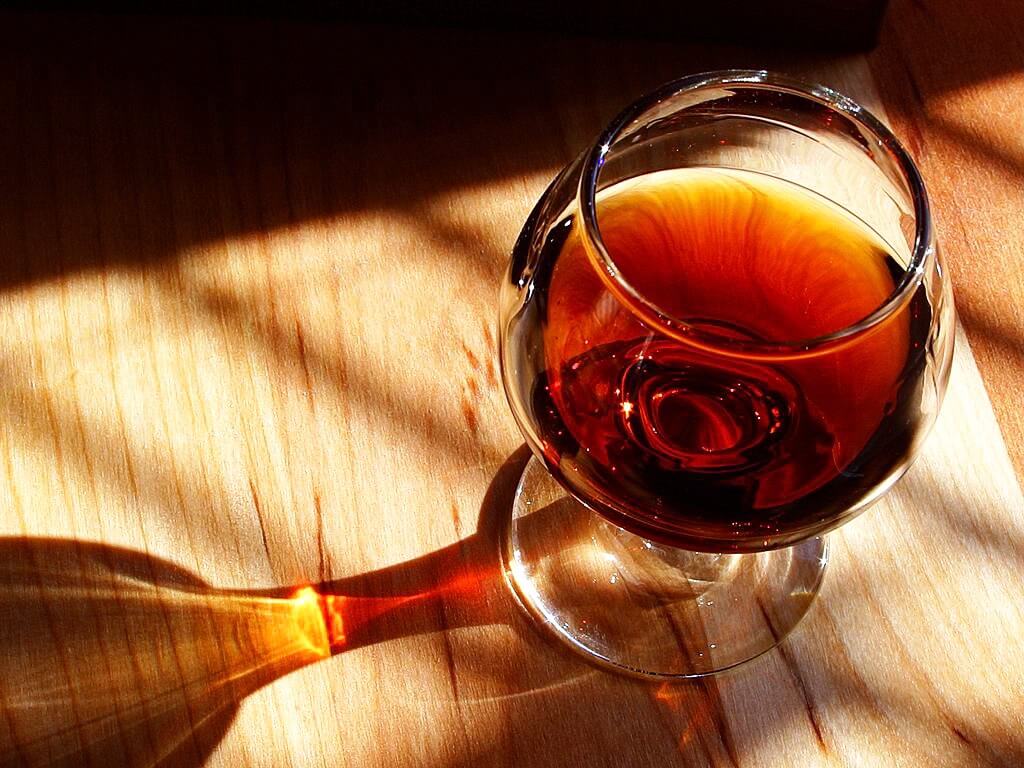
Many people, such as musician/producer Al Ferrier, choose not to drink at all during a performance. He says;
I never touch booze when I am working. I drive to and from the gig and also feel better playing with a clear head.
If you require more information on alcohol and its effect on your career or lifestyle, speak to your GP or another health professional. You can also seek medical advice from the NHS 111 service, by calling 111 or using 111 online:
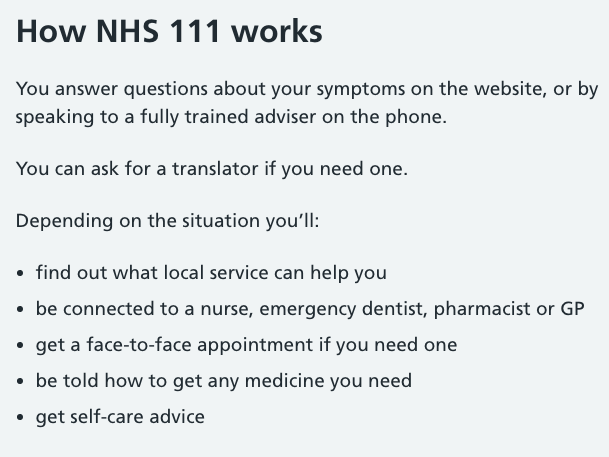
The NHS also has several pages online dealing with alcohol misuse and alcohol support.



